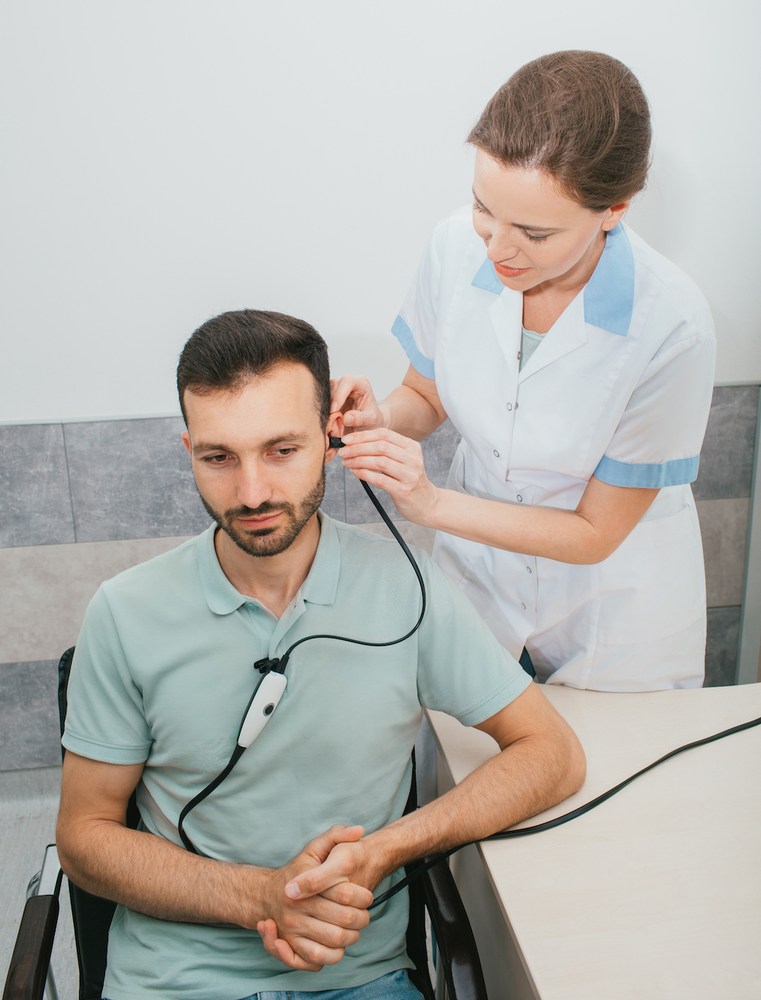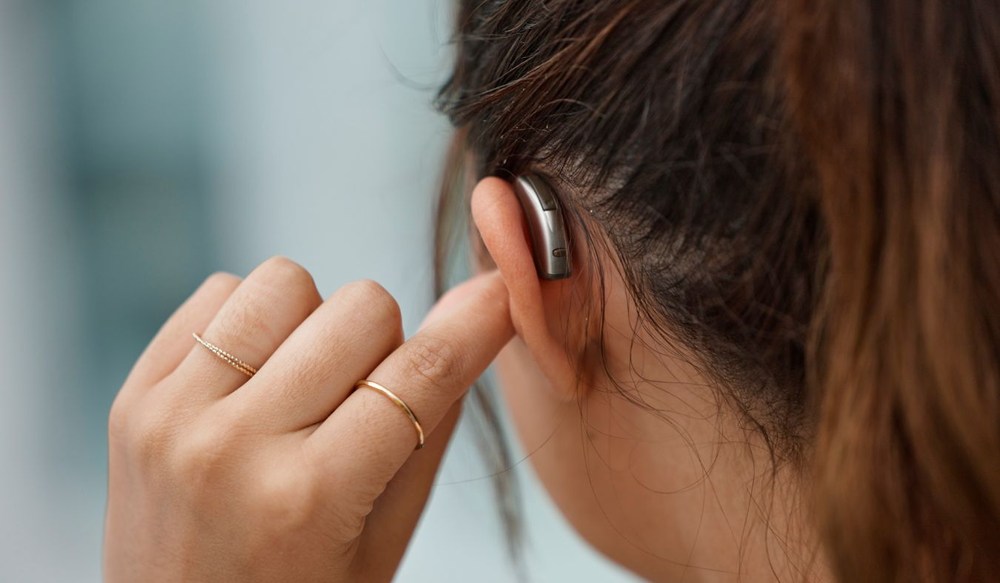How Long Does it Take to Adjust to New Hearing Aids?
When you first get hearing aids, one of the biggest questions on your mind
Call (844) 958-5304 to schedule today!


When you first get hearing aids, one of the biggest questions on your mind

As 5G wireless networks continue to expand, they are influencing how we

Your hearing needs change dramatically throughout a typical day. The